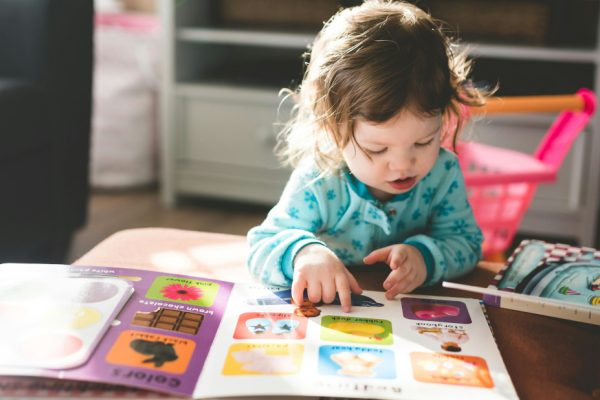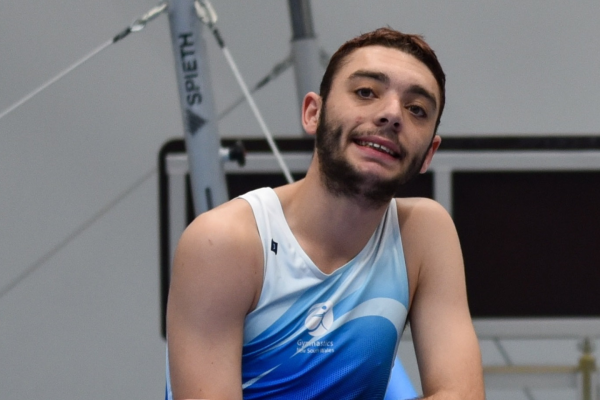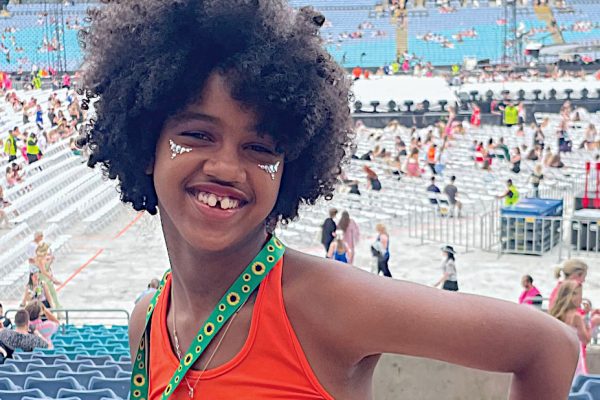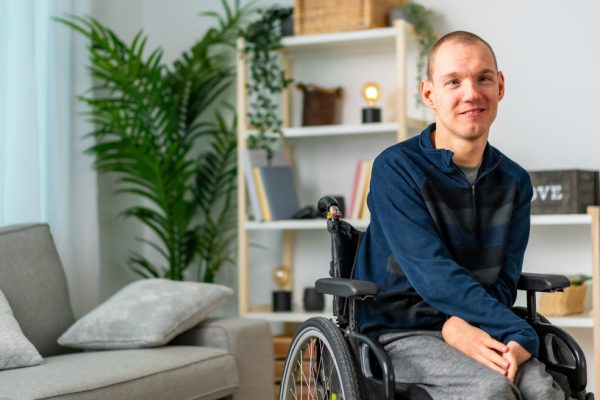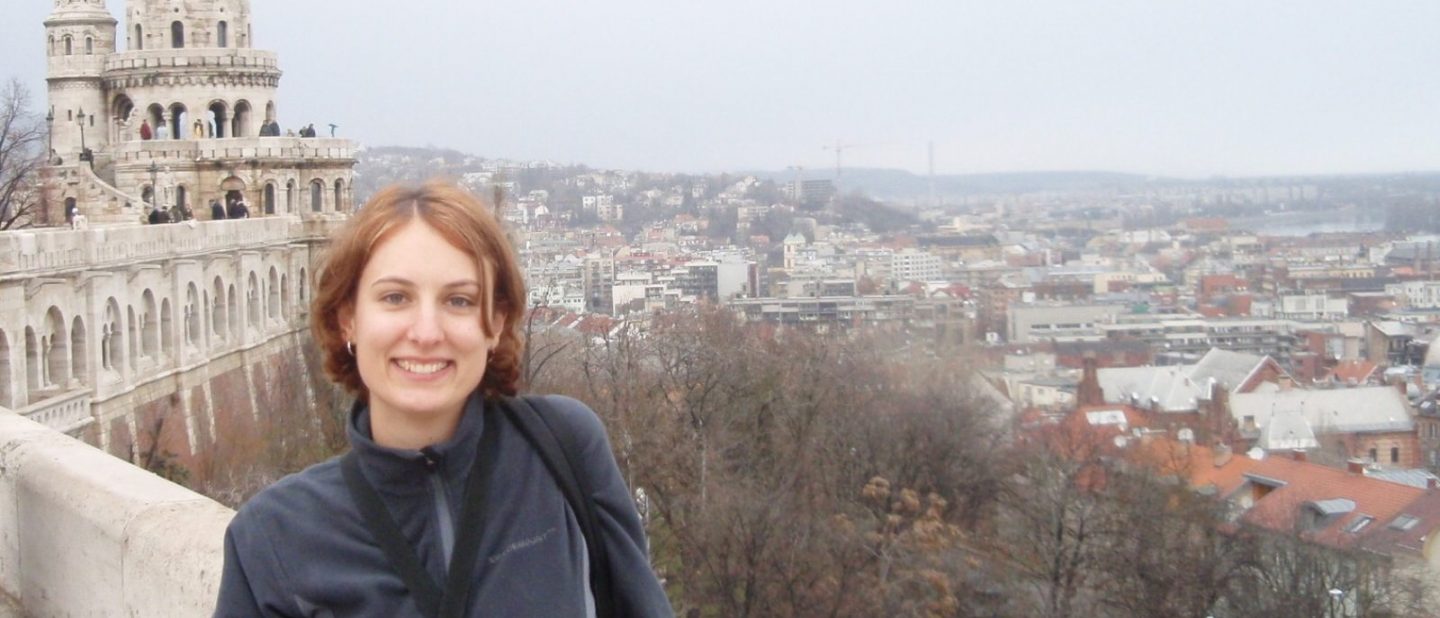
Learning to be Autistic: a personal perspective and my advice to parents
By Ebony Birch-Hanger
In the past, I believed that growing up without a diagnosis was a huge advantage for me. There were disadvantages, but I saw the opportunities I was afforded, and roles I was given, as positives. I do believe that if I had a diagnosis as a child, I wouldn’t have been given those opportunities because people wouldn’t have thought I was capable.
But a couple of years ago, after watching a video by Paul Micallef, titled ‘How to support your Aspie friend’, I realised that I had been lying to myself my entire adult life. Not having a diagnosis as a child was not an advantage at all. It was a detriment, and a hindrance to me developing any true sense of identity, self-confidence and self-esteem. Paul explained that when someone on the autism spectrum spends their whole life masking, conforming to societal norms, and becomes very good at doing so, they often receive praise for their achievements and ‘typical’ behaviours. The person then equates that praise with the ‘mask’ and develops the belief that they are only truly loved and accepted when they suppress who they really are and pretend to be someone more socially acceptable. This is me, one hundred percent.
I am still on a pathway towards self-acceptance, which I define as ‘The ability to accept oneself whole-heartedly, for who you are, despite the thoughts or judgements of others.’ I have a long way to go and definitely believe that if I’d known about my diagnosis as a child, I would have already reached a place of complete self-acceptance. I find that although the end goal is for self-acceptance, receiving acceptance from others is a large contributor to starting along that path. So, surround your children with people who accept them unconditionally for who they are and don’t just tolerate them. Your child’s mental health is more important than anything and self-acceptance is an important contributor to positive mental health.
I still want to share the praise and recognition that my mask has received, to highlight the potential for individuals on the autism spectrum to achieve, if given the right opportunities. Now, it was of course me, not just a mask, who gained all the achievements. I did do the work, and I did experience all the stress, anxiety and other challenges that came with those achievements. It’s just that other people weren’t seeing the true me.
In infancy, there were signs that I was developing differently from most. I couldn’t suck when I was born, I screamed the house down when put on my back, I woke up crying every time my mother removed pressure from my body, and I banged my head against hard objects. My mother took me to doctors and paediatricians to be evaluated. She was told that because she was an over-worked, single mother, she was stressed and probably over-exaggerating everything, and that was the end of that. So, I went through infancy, early childhood, primary school, secondary school and university, posing as a mainstream child and student.
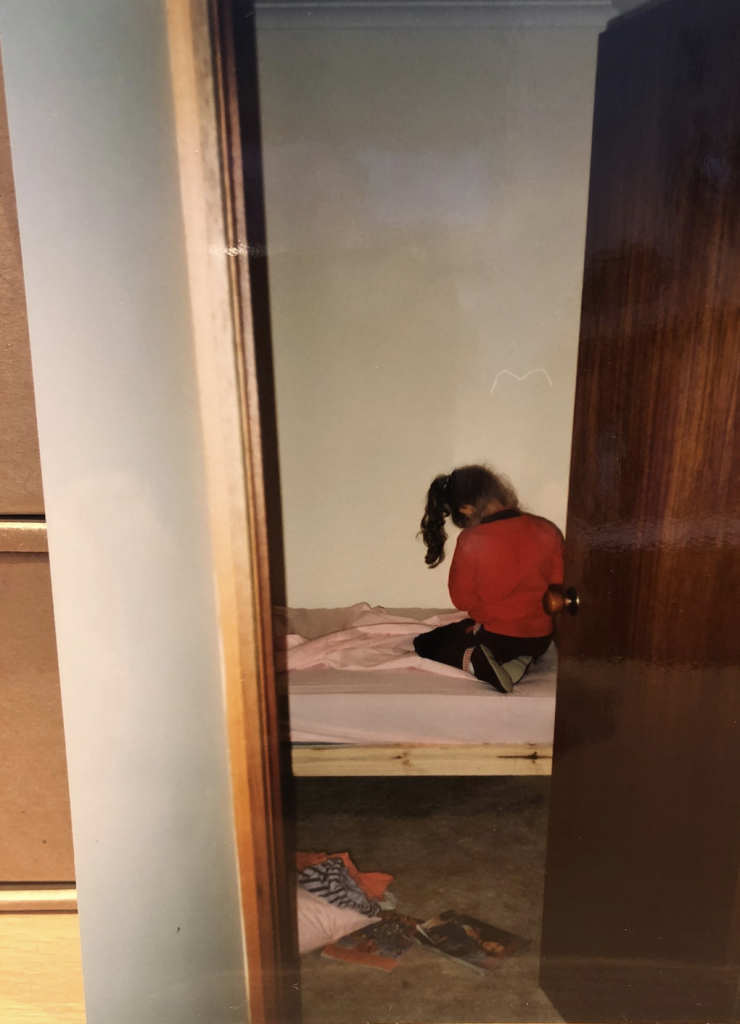
When I blocked my ears or chose to play alone, no one viewed these as autistic behaviours. In primary school, when I constantly gave instructions to other kids around how tasks needed to be done, or how to set up the classroom, I wasn’t seen as a bossy, inflexible autistic child. My teachers saw these behaviours as leadership skills which led to me becoming a house captain. My seemingly advanced ability to interact with teachers and my aptitude for lengthy one-sided conversations weren’t seen as an autistic inability to socialise with peers or obsessive thinking – they were recognised as maturity and a potential for activism. This led to me being given the Citizenship Award at the end of Grade 6.
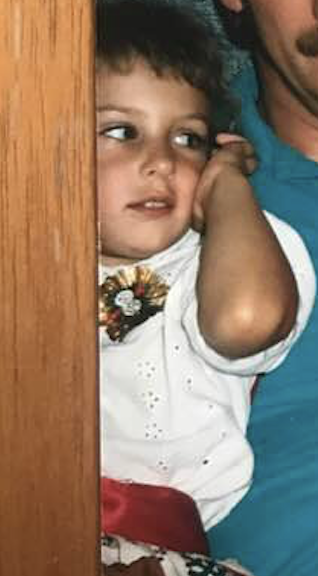
In secondary school, any ‘bossiness’ or withdrawal of myself from the yard to assist teachers or study, weren’t seen as negative behaviours or depleted skills due to autism. They were seen as leadership qualities, maturity and a focus on study that should be rewarded. This led to running assemblies and public speaking. My ‘hyper-focus’ on extra-curricular activities wasn’t seen as obsessive but rather as effort that lead to me receiving Performing Arts awards. I even completed work experience in year ten at a specialist school (upon my request) with individuals who had multiple and complex disabilities. I wonder if I would have even been allowed to take up such an important work experience placement if I’d been known to be on the autism spectrum?
In university, the number of friends I had continued to drop while I received several awards for consistently high marks during my Bachelor of Early Childhood Education (Honours) and Master of Special Education – Deaf/Hard of Hearing (Distinction). I am proud of these achievements, but they are certainly not the ‘be all and end all’ and I do wish someone had told me there were more important things in life. However, they are very useful in demonstrating the result of the path I took to get to that point. A path full of opportunities I don’t believe I would’ve had if my teachers had seen autism instead of skills.
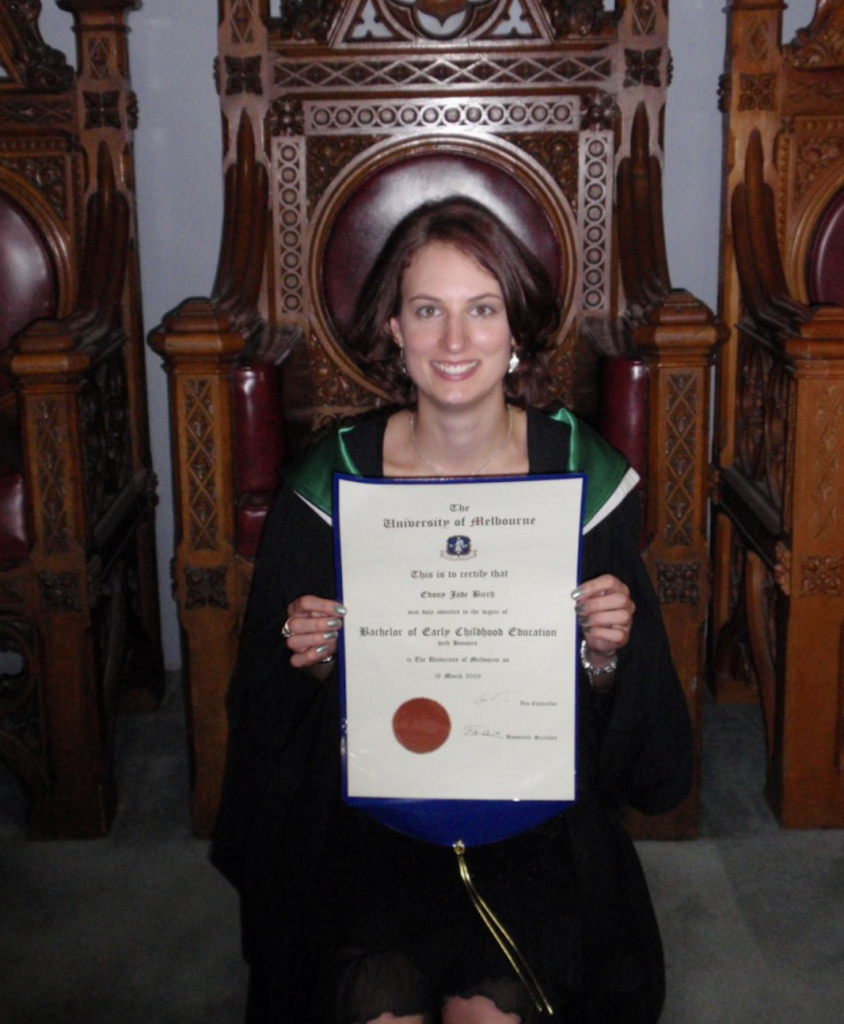
It was as an adult that I received by autism diagnosis with the psychologist who assessed me asking how on earth I wasn’t diagnosed as a child.
My diagnosis was my first step along the path to self-acceptance. I explain the steps in this path as: diagnosis, Autistic connections, positive Autistic identity, positive self-identity, self-advocacy, looking after own needs, acceptance from others and finally, belief in acceptance from others. I still have a long way to go.
Creating Autistic connections is something you as a parent can do for your child. Reach out to Autistic-led organisations to assist with your understanding and to provide validation for your child. Yellow Ladybugs (which I’m an ambassador for) and The I CAN Network are two great places to start. As one Autistic person’s experience is not necessarily going to relate to your child/family, listening to several different voices from the Autistic community will likely be the most beneficial.
For several years now, I have been speaking professionally at a national and international level, running professional development for educators and workshops for parents, and receiving wonderful opportunities such as contributing to a resource created by Yellow Ladybugs and the Victorian Education Department called ‘Spotlight on Girls with Autism’. In my ‘spare time’ I enjoy directing my adult community choir. In 2011, I built my own organisation from the ground up – Personalised Approaches, through which I have offered services in private/group education and therapy programs, educational consultancy and health. These pursuits have certainly come with challenges – many quite severe and many of which confirm that the use of functioning labels for autism are irrelevant and completely inaccurate.
One of the best ways to overcome any challenges your children may face is to utilise their strengths and interests. This is always the approach I have taken as a professional when working with children on the autism spectrum, and it has always proven to be the most effective. I do believe that my own neurodiversity enabled me to be a better therapist and I have tried to utilise that as a strength.
Now the purpose of this article is not to celebrate MY achievements specifically. But, if you walk away after reading this with the concept of achievement, in general, for people on the autism spectrum, and for anyone with a disability, then this article has served its purpose. My ideal world would be where individuals on the autism spectrum are first loved, accepted and respected for who they are AND be given every opportunity that is given to their non-spectrum peers.
Were the educational opportunities of leadership, public speaking, planning/organisation that I had an advantage, and did they contribute to where I am today? Absolutely. But the experience I had of posing as a mainstream child, teenager and student, was not an advantage. The older I became, the more ‘different’ I felt. As an older child and teenager, I knew I didn’t fit in and I knew I was ‘different’, but I didn’t know or understand why. This not knowing made me feel even more isolated and developed into a feeling of ‘there’s something wrong with me.’ Therefore, having known my diagnosis as a child and having the chance to grow up with a positive Autistic-identity and more importantly true self-identity, would have made a world of difference. It would have likely avoided or minimised the mental health challenges I’ve had as a teenager and into adulthood. It also would have enabled me to become a stronger self-advocate (something I’m just learning to do) and to use positive experiences of self-advocacy to contribute to good mental health.
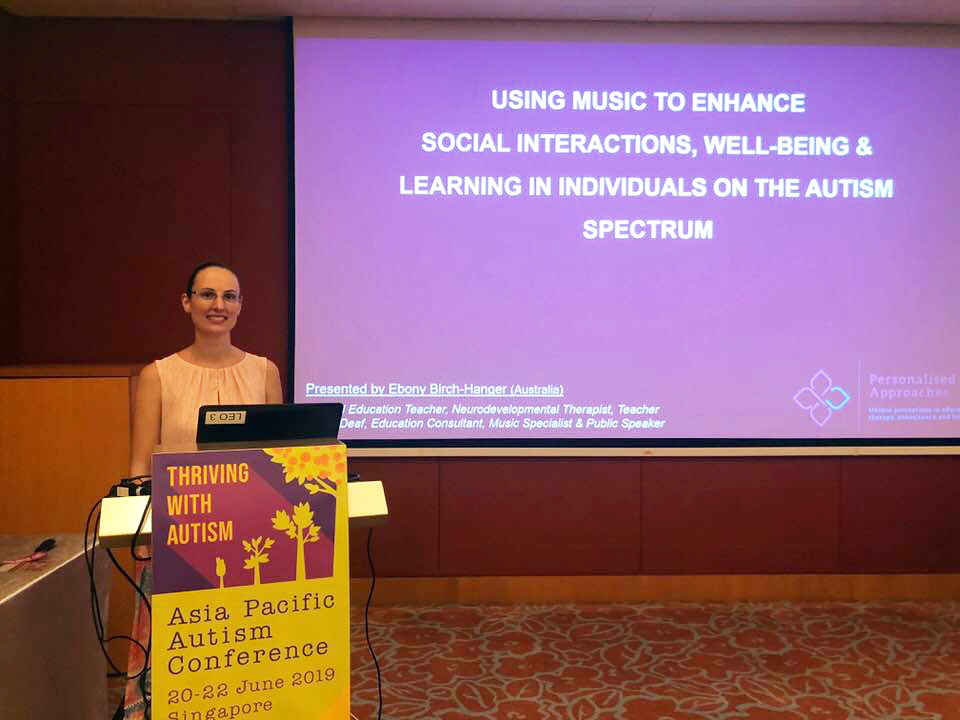

I wish that I had a chance to do it all over again, to turn back the clock to when my mum took me to be evaluated and have her walk out of there being told “Your child is on the autism spectrum”. To go through kinder, school and university with everyone knowing my diagnosis. I wish I could go back, do it all again and prove that I could receive the same praise, the same awards, and get to where I am today, with everyone aware that I am on the autism spectrum. With my repetitive and self-stimulatory behaviours, quirks and everything else that is autism, out in the open. But sadly, I’m not convinced that I would have. Even though I know that I would’ve been capable of those achievements, I don’t believe that I would’ve received the same praise, awards or opportunities or got to where I am today, because of how others would have viewed me and treated me. But maybe I would have been a more confident adult with greater skills in self-advocacy and self-care.
You have the potential to be the change-makers. You can go back to your families and into the community and spread this message. Validate autism, validate Autistic identity, but please don’t just see a person’s autism and nothing else. No matter what your child’s diagnosis is or what their level of support is (according to the diagnostic criteria), do not allow anyone to take away opportunities because they don’t think your child is capable. Do not allow others to put limits on your childs potential to achieve and do not allow others to see behaviours that they may not understand, as ‘autistic’ behaviours that need to be stopped or changed. Help people to find the positive slants and use everything they see to support your child to be the person they want and need to be.
I’d like to conclude by quoting some lines from Josh Groban’s song ‘Granted’: “The story’s yours, go write it. Tomorrow’s undecided” and “If you have a dream, go chase it.”
My dream is to get to the end of my path towards self-acceptance.
I never (previously) liked the term ‘Autistic’ to identify myself, because there are millions of ‘Autistic’ people in the world and I’m not the same as anyone else. Two years ago, I said that if anyone asked me if I was Autistic, I would probably reply ‘No, I’m Ebony.’ But then again there are probably thousands of people named Ebony in the world too. Some people spend their whole lives being just Autistic because nobody bothers to see anything else. I’ve spent most of my life being just Ebony. Neither is preferable and neither is good enough. I’m not just Autistic and I’m not just Ebony – I’m ME and like me, your children can be anything they want to be.
Ebony Birch-Hanger
Special Education Teacher, Teacher of the Deaf, Speaker, Neurodevelopmental Therapist, Education Consultant, Music Specialist.
Follow on Facebook: ‘Ebony Birch-Hanger – Speaker‘ for details of all parent and educator workshops.
Broad workshop topics include: Autism, Auditory Processing, Neurological Differences, Music for Brain Development, Individual Learning Plans and Anxiety.



